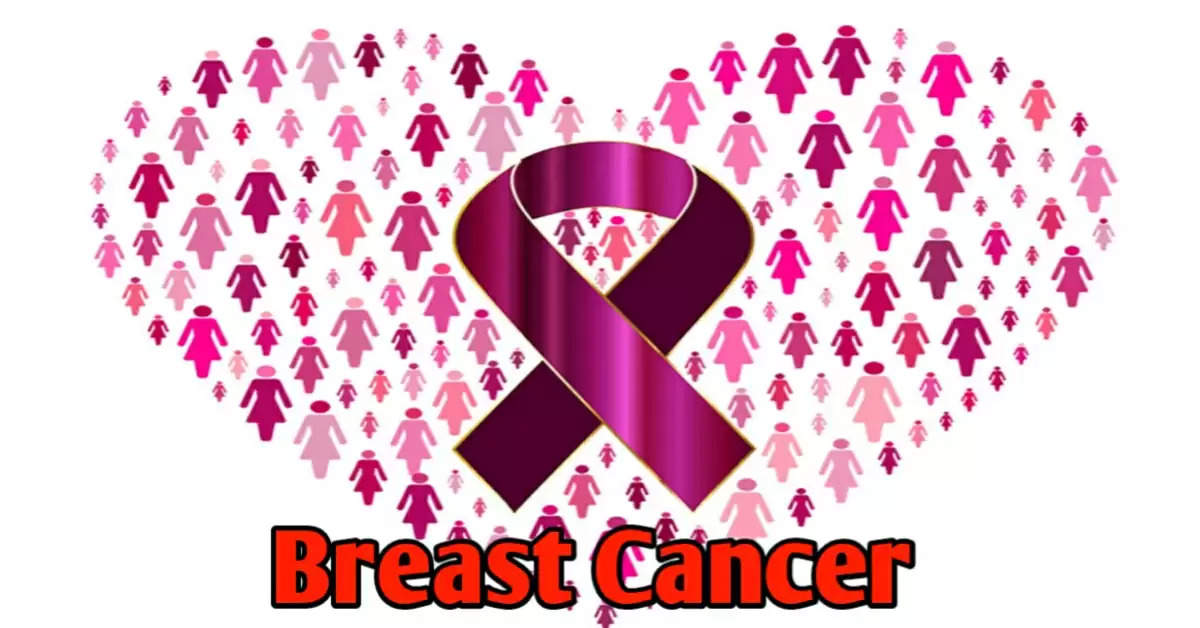Early Signs of Breast Cancer: What You Should Know

Breast cancer starts when cells grow out of control. In most cases, breast cancer cells form a tumor that can often be felt as a lump or seen on an X-ray.
Breast cancer occurs almost exclusively in women, but in some cases, men can also develop breast cancer. Different people have different symptoms of breast cancer. Some people may not have any symptoms at all. Let's learn about some of the symptoms of cancer that should be taken as a warning.
Some of the symptoms of breast cancer are:
New lumps in the breast and underarms.
A lump or swelling in the breast area.
Redness or dimpling of the breast skin.
Pain in the nipple area.
A change in the size or shape of the breast.
Pain in any area of the breast.
Peeling of the skin above the breast or nipple.
Remember that these symptoms can also occur with other conditions that are not cancer. If you find a lump in your breast, don't panic; most breast lumps are not cancer. However, if you have any lumps in your breast or any signs or symptoms that worry you, see your doctor right away and let them know about the symptoms.
Does breast cancer hurt?
Pain in both breasts is not a sign of breast cancer in most cases. If you have pain in only one breast – and especially in a specific spot on one breast – don't delay getting tested.
Does breast cancer spread?
Sometimes, breast cancer spreads to other parts of the body. This doesn't always happen, but when it does, it's called "metastatic breast cancer."
How does breast cancer spread?
Breast cancer spreads when cancer cells invade healthy tissue. In most cases, breast cancer first spreads to other parts of the affected breast, then to nearby lymph nodes. If cancer cells reach the lymphatic system, they can travel to distant parts of the body.
Where does breast cancer spread?
Common sites of breast cancer spread include:
Lungs
Liver
Bones
Brain
Breast cancer is increasing rapidly among Indian women. It is believed that by 2025, there will be 1.6 million new cases of breast cancer in our country, with most of these cases expected to affect women in their 30s and 40s. This is because studies so far have found that women in this age group are more affected.
